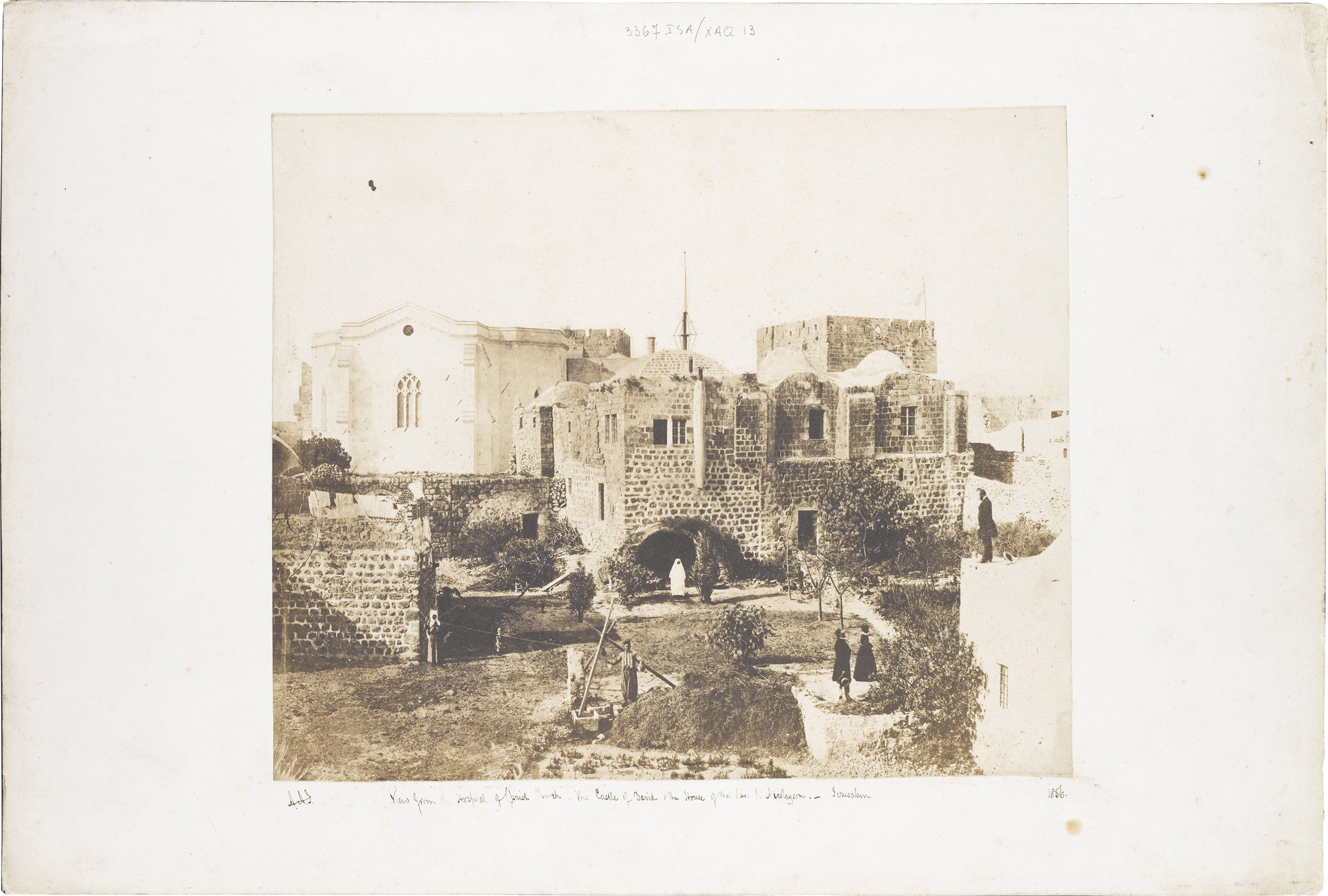Two recent, highly acclaimed Israeli novels, David Grossman’s Ishah borahat mi-besorah (Woman Flees from the News/To the End of the Land) and Ayelet Gundar-Goshen’s Le-hair aryot (Waking Lions) represent hospitals as institutions uniquely capable of serving the diverse population of contemporary Israel and environs. In these accounts, hospitals
In fact, far from functioning outside politics, from the middle of the nineteenth-century onward, hospitals in the Middle East were central instruments for creating a political presence where none had existed. Because English Protestant missionaries lacked the status of “keepers of Christian Holy Places” granted the Catholic, Armenian and Greek Orthodox Churches, they were not allowed to settle in Palestine under the Ottoman Empire. As Yaron Perry and Ephraim Lev document in their 2007 Modern Medicine in the Holy Land: Pioneering British Medical Services in Late Ottoman Palestine, a missionary organization known as “The London Society for Promoting Christianity Amongst the Jews,” used the occasion of a protracted military clash between Egyptian Governor Muhammed Ali and the military forces of the Ottoman Empire during the 1830s to gain a foothold in Jerusalem. By founding a hospital that would offer treatment to the many residents of Palestine vulnerable to malaria and other sicknesses endemic to the region, the London Jews Society imagined that they might establish a presence Muslim, Jewish and Christian residents of Jerusalem would regard with gratitude, rather than see as an incursion. It was the establishment of this hospital (pictured at left) and many other missionary-run hospitals like it that paved the wave for the British presence in fin de siècle Palestine that culminated in the recognition of postwar British Mandate.
